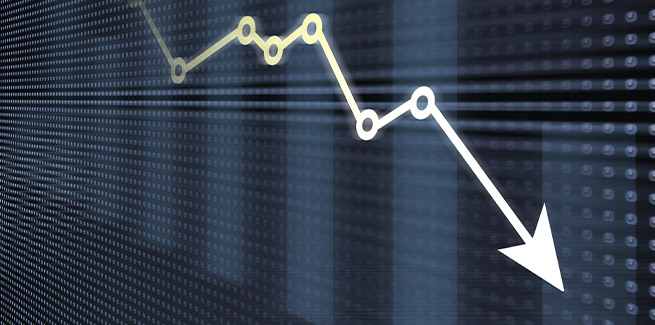The Australian Bureau of Statistics (ABS) has released its National Accounts data for the December quarter of 2019, reporting GDP growth of 0.5 per cent, exceeding market expectations (0.4 per cent).
In annual terms, Australia’s GDP grew 2.2 per cent in the 12 months to 31 December 2019, in line with the Reserve Bank of Australia’s (RBA) expectations.
However, analysts are forecasting below target growth in the coming quarters in response to the bushfire crisis and global coronavirus (COVID-19) outbreak.
According to Morgan Stanley Australia, the December quarter improvement has done “little to change the outlook heading into a sharp slowdown”.
“Overall, there is little in this report that impacts the outlook heading into a Q1 disrupted by bushfires and the COVID-19 virus,” the global investment bank noted.
“In particular, we see few signs of momentum in the private sector, which we expect will be hardest hit in Q1.”
The analysts claimed that Australia’s GDP growth could slip into negative territory in the medium term.
“We expect growth to be flat at best in Q1 and see increasing risk of moving into a scenario of negative growth as global and domestic disruption increases,” Morgan Stanley added.
“GDP growth in 2020 is increasingly likely to be slower than 2019, against expectations of a gradual recovery late last year.”
ANZ Research agrees, adding that a recession is increasingly likely.
“A V-shaped recovery looks much less likely now, and with the economic impact of the coronavirus broadening from the initial tourism impact to supply chain disruptions, extended weakness in Chinese demand and, most importantly, weaker domestic demand, the risk of a recession has increased sharply,” ANZ Research noted.
As a result, Morgan Stanley has joined other market analysts in forecasting further monetary policy easing from the RBA, predicting that the central bank would follow up its cut to the cash rate in March with another 25 bps reduction in April.
[Related: Cash rate falls to new record low]
 ;
;